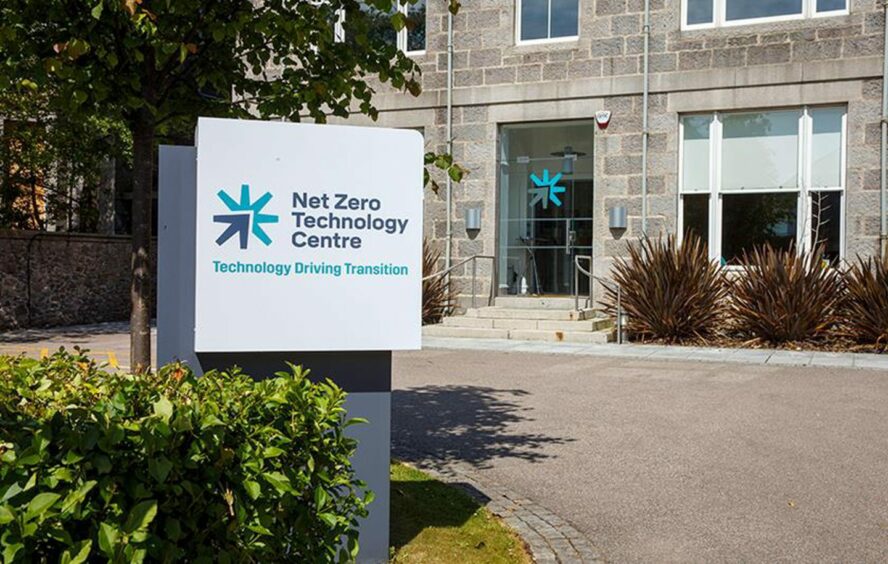
The UK Government’s energy announcements this week have big implications for all parts of the sector and the drive towards Net Zero.
Support for the Acorn project, based at the St Fergus gas terminal, ends years of anticipation in North East Scotland that carbon capture and storage (CCS) can act as a catalyst for further progress across a range of areas. Acorn, which will reuse and repurpose existing North Sea infrastructure to deal with carbon emissions, is a crucial component of the wider Scottish Cluster project that offers a clear path to decarbonisation. As the pipelines are already there and the geology of the proposed storage sites are well understood, the hope must be that there will be no further unnecessary delays to moving forward with the project.
A green light for the Acorn project should also help to foster investor confidence more widely. There is already a skilled workforce in the north-east, and a highly evolved supply chain; progress on CCS should support significant numbers of jobs, assisting with the transition to a low carbon future. Greater investor confidence should also help drive research and innovation and assist in bringing technologies to scale. These long-awaited opportunities must not be squandered.
The UK Government’s decision to issue new licences for oil and gas in the North Sea should contribute to improved confidence throughout the industry, opening up opportunities for the supply chain, and providing security for the workforce. Crucially, it should also encourage advances in technology.
While the announcement has inevitably attracted some criticism, the government insists that its approach is consistent with net zero targets given the lower carbon emissions associated with domestic production compared to imports. As new projects get the go-ahead, there is a great opportunity for operators to put emissions reduction at the forefront of their thinking from the design and planning stages onwards. Keeping net zero in mind from the outset creates opportunities to utilise new and emerging technologies, incentivises innovation and potentially could create new and better ways to minimise emissions. Whether that means introducing the latest digital technology, robotics, electrification between shore and platform, or replacing diesel through the use of alternative fuels to power equipment, such as bio methanol, ammonia or hydrogen, innovative technologies offer viable ways to reduce carbon emissions and their detrimental impact.
We already have a blueprint for decarbonising new oil and gas provided by INTOG. The experiences of that leasing round stand the sector in good stead to meet the new challenges of reducing the carbon emissions associated with fossil fuel production. There will be a need to move beyond existing technology if emissions targets are to be met. Turning good ideas into applied technology requires investment and commitment from operators and this will only be forthcoming with a clear roadmap from policy makers. At the Net Zero Technology Centre we are enabling Scotland to become a global player in low carbon technology, and helping our indigenous energy sector leverage technology to decarbonise.
Recommended for you

 © Supplied by NZTC
© Supplied by NZTC